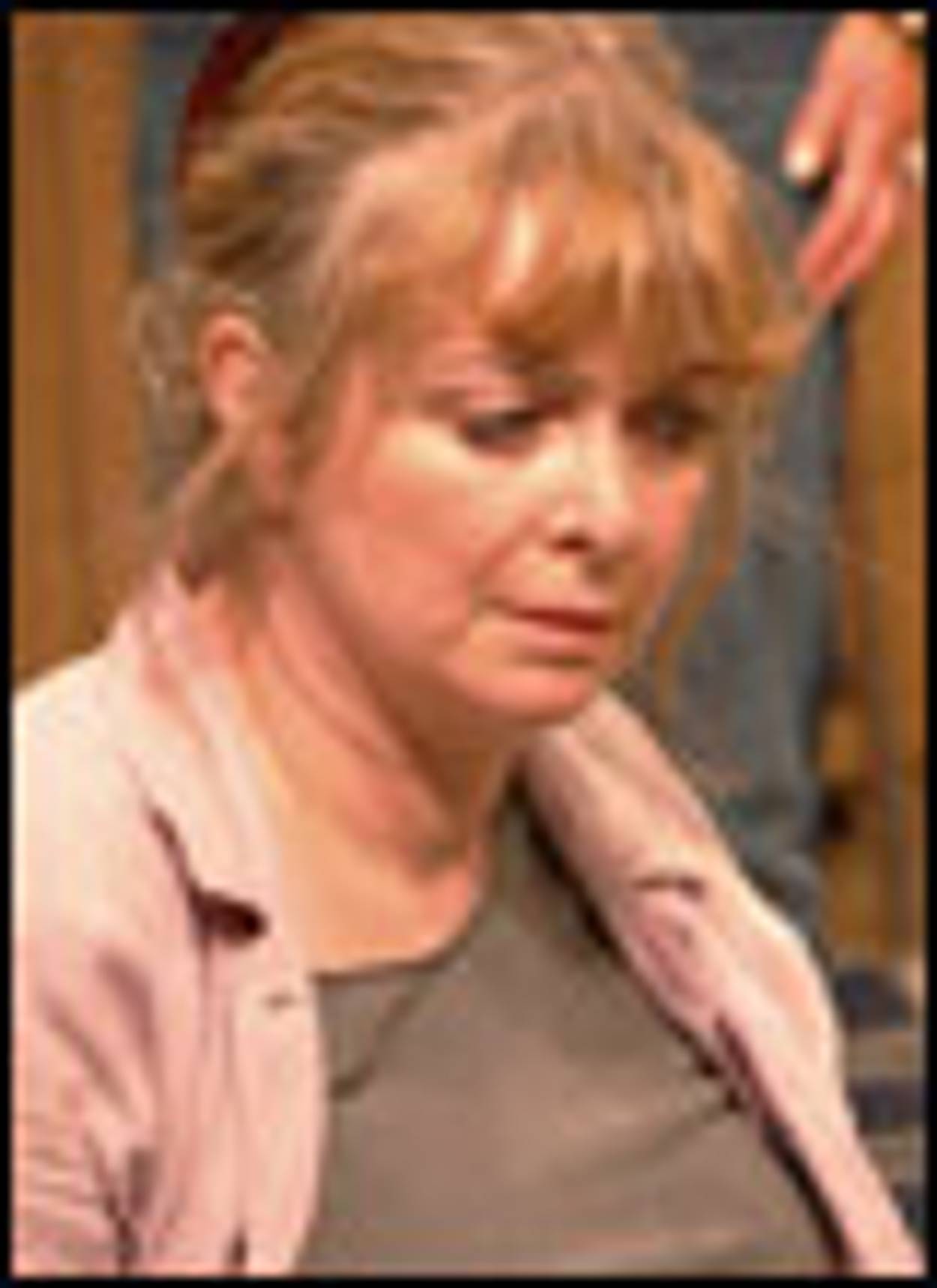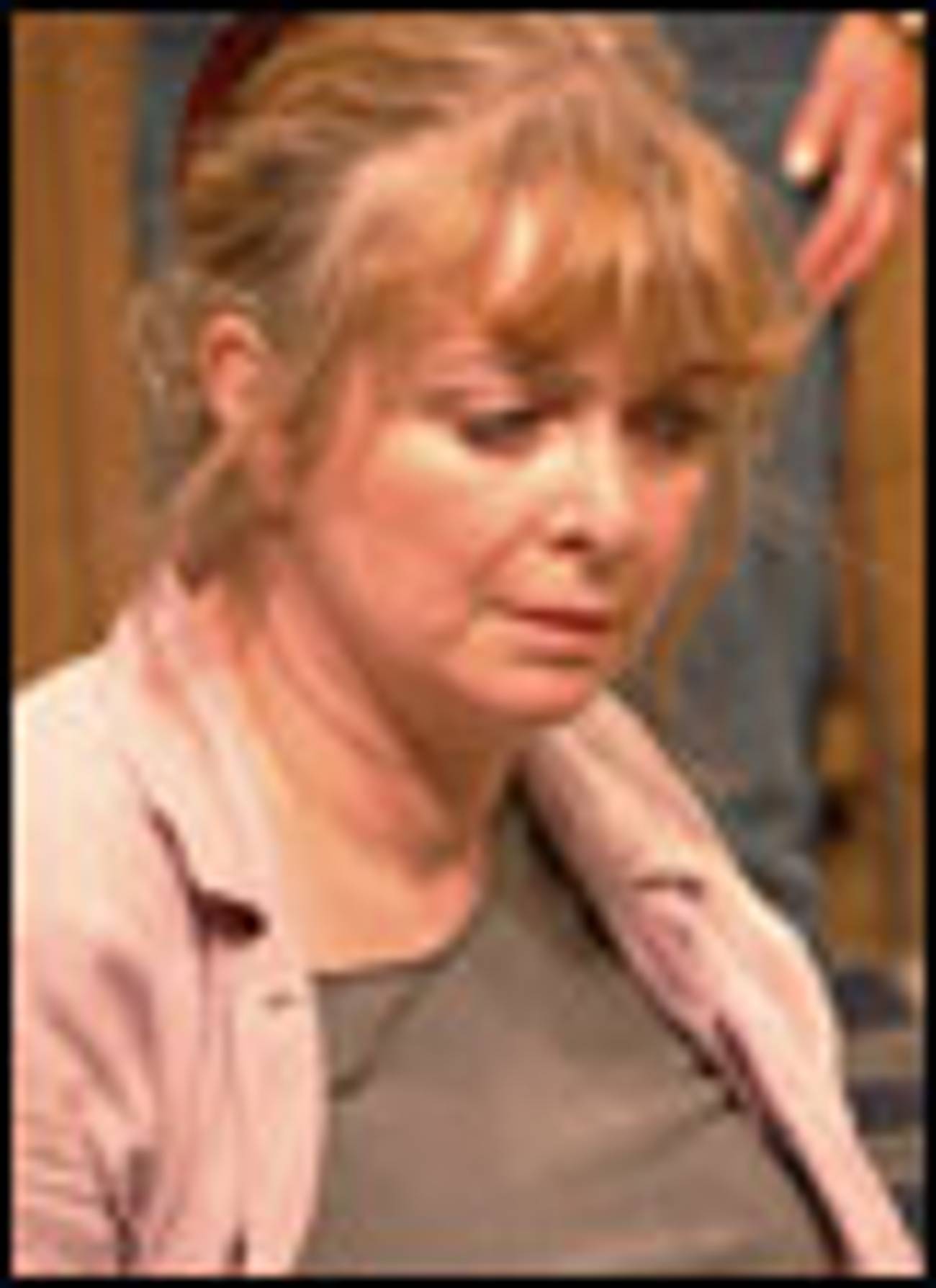All in the Family
Why is Mike Leigh’s family drama less powerful than Everybody Loves Raymond?




The Mike Leigh method is famously based on a long process of detailed improvisations, without an initial script. He begins with individual characters whose stories and backgrounds, based on people known to the actors, evolve in separate sessions with the director. Then the actors meet and the stories merge into the final version. “In rehearsals and improvisation, you create with him a fictional world which gets richer and richer the longer you go on,” Phil Davis, who has worked with Leigh on a number of films, has said. So how did Two Thousand Years manage to have less convincing power and content and more predictable stereotypes than, for example, just about any episode of Everybody Loves Raymond?
The family in Leigh’s play consists of a middle-aged, secular couple, Rachel and Danny; their adult children, Tammy and Josh; and Rachel’s elderly father, Dave. We also meet Tammy’s Israeli boyfriend and, for a brief but tumultuous interlude, Rachel’s much younger sister, Michelle, and an old boyfriend, now a friend of the family. We watch them all in Rachel and Danny’s unpretentious living room at weekend family get-togethers over the course of a couple of years.
Josh’s discovery of religious Judaism turns out to be an expression of a deeper conflict within the family, and of his anger against his parents’ narrow world and their emotional blindness. Their response is harsh and judgmental. There are repeated blowups, all reasonably entertaining and always ending with cups of tea being offered and peace restored. But in the final brief scene, headstrong, smart, individualistic Josh is suddenly seen without a kippa, having fought so convincingly and passionately for his freedom to wear it. No explanation is given, and you are free to wonder: Is he meant to be the proverbial emasculated Jewish son? Or is this Leigh’s way of voting for the defeat of religion and the victory of socialist Zionism?
And so it’s final curtain time; you applaud because it was certainly as much fun as visiting just about any Jewish family, but as you walk out of the theatre you feel utterly cheated. After months of the supposedly meticulous process which led to the creation of this play, Mike Leigh’s Jewish family consists of cardboard figures with political opinions but without souls. There is an interesting gap between Leigh’s unerring ability to outfit these people with as much Jewish paraphernalia as possible—accents, hang-ups, humor, personal histories—and his inability to place them at the core of a real human drama. Two Thousand Years is an anachronism in which clichéd impressions of Jews are just a shade away from being caricatures, and which lacks any kind of exciting tension between fiction and reality.
I would love to understand exactly how Leigh decides that a play or film has reached its point of fruition. In this case, he may have lifted that shroud of secrecy a little too soon. His Jewish characters may have gone as far as they could in connecting with one another, but there seems to be a cold void instead of his own bond with their concerns. At the heart of this didactic play, there is no heart.
Elena Lappin is a novelist, journalist, and occasional blogger living in London. She is writing a book about the Song of Songs for Nextbook’s Jewish Encounters series.